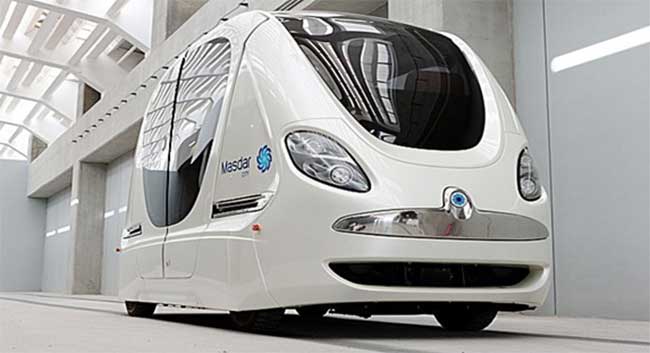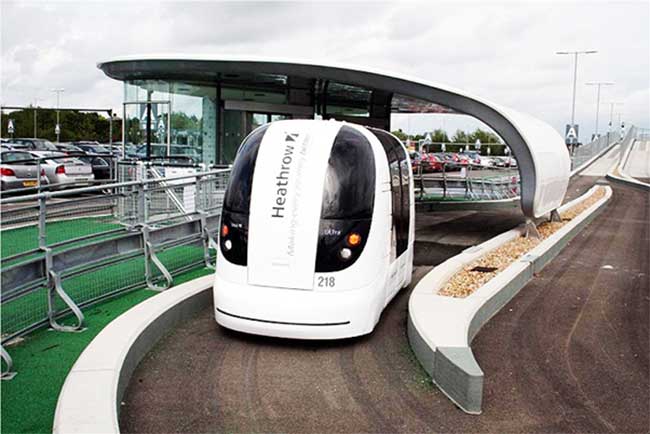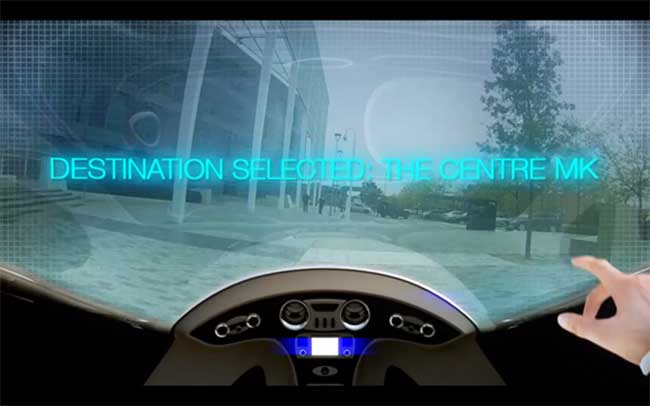In recent years there have been a series of groundbreaking inventions throughout the field of automotive technology; from keyless ignition, to cars which can parallel park themselves. Now, the UK government has announced plans which suggest Britain could be at the epicentre of the worldwide development of driverless cars.

These autonomous vehicles are already attracting worldwide publicity. It all started in America, where Google’s self-driving car recently passed over 300,000 miles of road tests without incident. Moreover, Google have been granted a full driving licence in the state of Nevada for driving their autonomous car. Similarly, Nissan carried out the first public road test of a self-driving vehicle on a Japanese highway, heralding a new era of autonomous vehicles.
Britain offers the next step for these innovations, because the government has announced that it will conduct a review to ensure that legislative and regulatory framework is operational for such vehicles to be able to drive on British roads in the next few years. The Chancellor announced in the National Infrastructure Plan that it has also pledged to create a £10million prize to fund a town or city to become a testing ground for these driverless vehicles.
Already, Milton Keynes has begun experimenting with a series of driverless pods, and predicts that, by mid-2017, one hundred fully autonomous vehicles will be operational on the town’s pathways.
These pods will operate on designated pathways, travelling at 12mph and using sensors to avoid pedestrian collisions. Twenty driver-operated vehicles will be in place by 2015, with the number rising to one hundred fully automated versions by 2017. Similar pods currently operate at Heathrow Airport and the government sees them as part of an eventual national campaign to make and test low carbon technologies. Moreover, the production and distribution of these vehicles intends to keep Britain at the forefront of automotive design whilst securing 30,000 jobs in engine production.

Furthermore, these driverless pods will capitalise upon the worldwide success of smart phones. Passengers will be able to travel in luxury by using a smart phone app to book their driverless pod. Moreover, whilst travelling they will be able to browse the internet, check emails, play games and read the newspaper.
If the initial tests of these pods prove successful, we may well start to see them take the place of our old vehicles. Currently car manufacturers including Jardine Motors sell vehicles with certain driverless capabilities, and these pods are simply the next step in the automobile’s evolutionary progress. These pods aim to encapsulate all the luxuries of our modern, multimedia society, whilst simultaneously benefiting the environment by utilising low carbon technologies.
This ecological aim has been supported by Business Secretary Vince Cable, who stated;
“By 2050, very few – if any – new cars will be powered solely by the traditional internal combustion engines, so it is important that the UK car industry is at the cutting edge of low carbon technologies.”
Brad Templeton, software engineer and adviser to Google on its self-drive car project, also stresses the environmental benefit of these driverless vehicles, as well as their additional safety measures;
“It will radically change the amount of energy we use, how congested our streets are and eliminate most of the parking lots that take up a huge amount of space in our cities… Humans kill 1.2 million people in car accidents each year so the idea of being able to make a safer vehicle is very appealing”.
Although these vehicles are not yet on our roads, they suggest a new era for the modern driver. They provide a luxurious solution to long term environmental issues. Every day there are more drivers on our roads, emitting harmful fossil fuel gases. These driverless pods provide a clean, efficient solution to pollution issues, whilst simultaneously providing drivers with a stress-free, elegant mode of transportation.

This article was written by Bradley Taylor, a freelance writer from England. Bradley is a motoring enthusiast who loves writing about cars and anything automotive but he is versatile and also writes across a variety of other topics. You stay connected with Bradley on Google+ and follow him on Twitter.
Driverless Cars Coming to the United Kingdom,


TechCrates
Jan 29. 2014
Great News 🙂
Roshan
Jul 12. 2014
Hi..
Wishing to see this car on indian road. cool stuff. enjoyed while reading
TechCrates
Jul 13. 2014
In a few years for sure 🙂